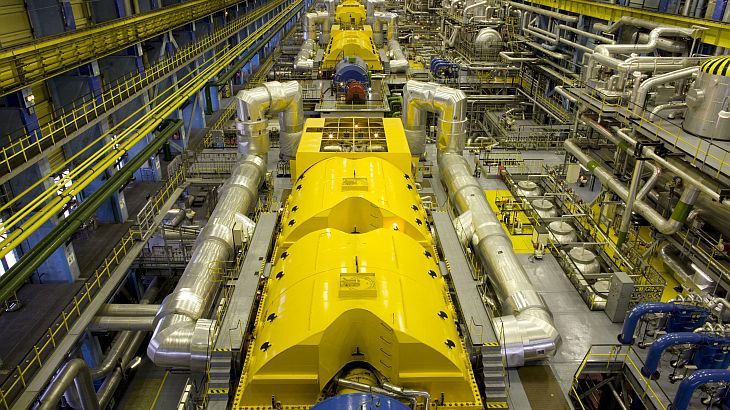The Hungarian Minister of National Development, in visit to Romania, bluntly denied the blocking by the European Union of the 12 billion Euro agreement between the government of his country and Russia for the construction of two nuclear reactors in Paks, Hungary, headlined Mediafax. “I am in the lucky position of knowing the most as the Minister of Development and I can clearly refute this news,” said the Hungarian offcial.
According to the Financial Times, the agreement was blocked because it assumed that the nuclear units would have been fueled exclusively from Russia. On the other hand, the Hungarian Prime Minister’s chief of staff suggested, on the Hungarian National Radio station, that Hungary and Russia are working on formulating an agreement that also satisfies the EU, indicating by this statement that the Over-Communitary European Organization is not satisfied with the current agreement.
The Chief of Cabinet said that the Euratom (nuclear energy community in Europe) wants the nuclear fuel supply for these plants to be accessible to other bidders.
Last year, Russia and Hungary reached an agreement for the construction of two nuclear reactors with a capacity of 1,200 MW in Paks, a town located about 120 kilometers from Budapest. Hungary, Russia would lend up to 10 billion Euro to finance the construction of the reactors, about 80% of the project.
Contracts for the design, construction and maintenance of reactors were attributed to a Russian group Rosatom subsidiary in December last year. Also, the agreement between Russia and Hungary provided that the Paks nuclear plant shall use fuel exclusively imported from Russia.
The European Atomic Energy Community (Euratom), which must approve all contracts of fuel supply, decided not to approve the understanding as proposed by Hungary and Russia. The government in Budapest has appealed against the decision of Euratom, but the European Commission upheld the original decision. In order to continue the project, Hungary should either renegotiate the terms of the contract in respect of the importation of fuel, or either legal act against the European Commission, says the European press.
